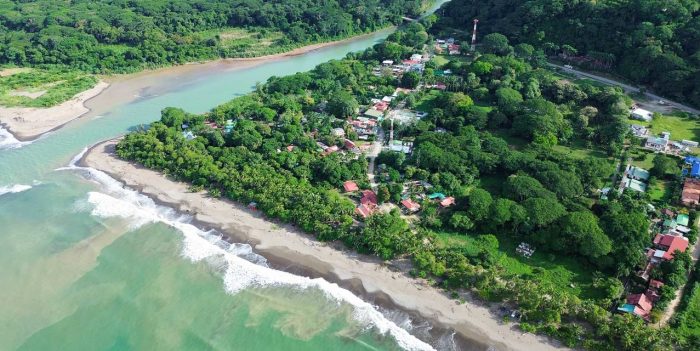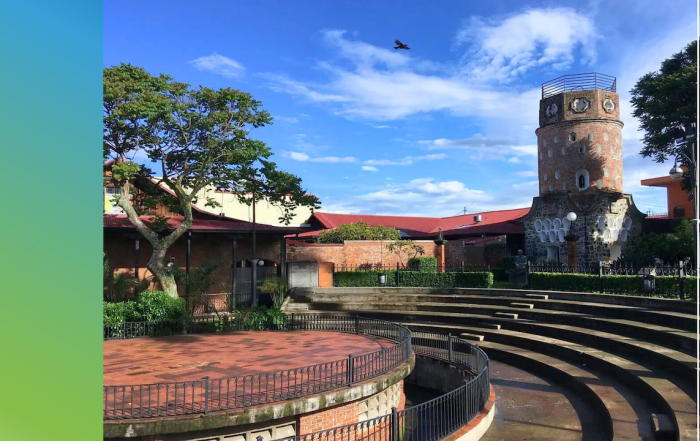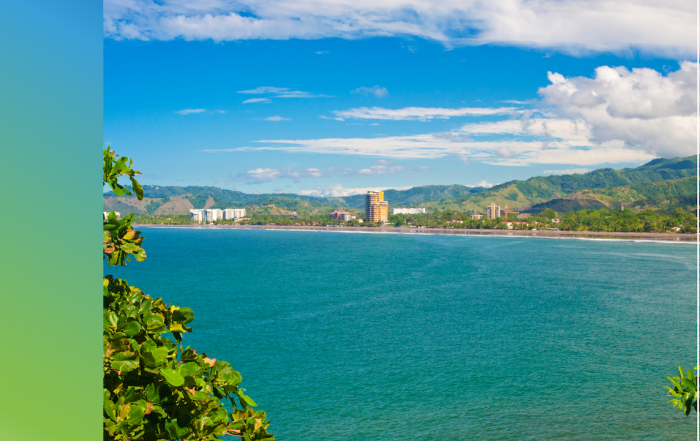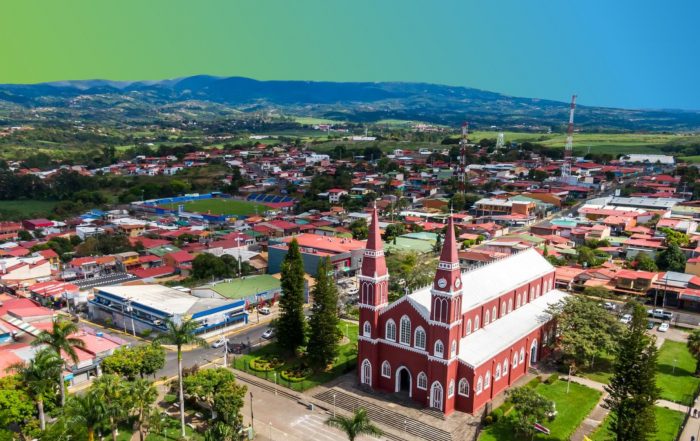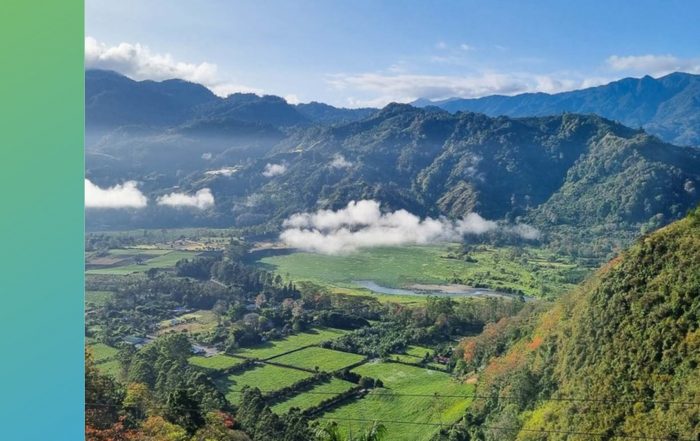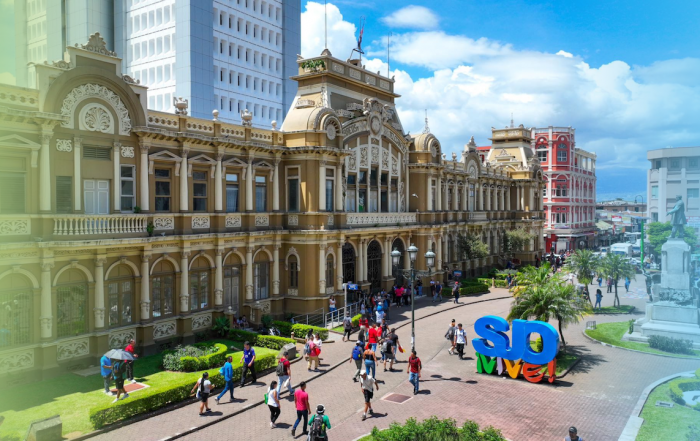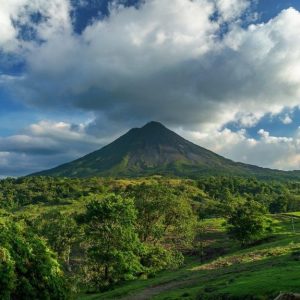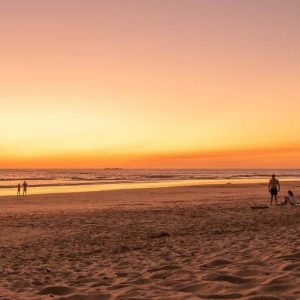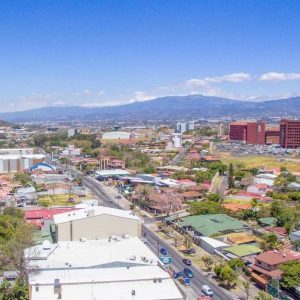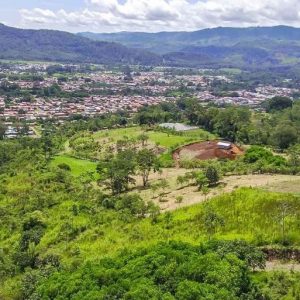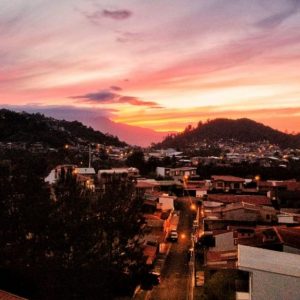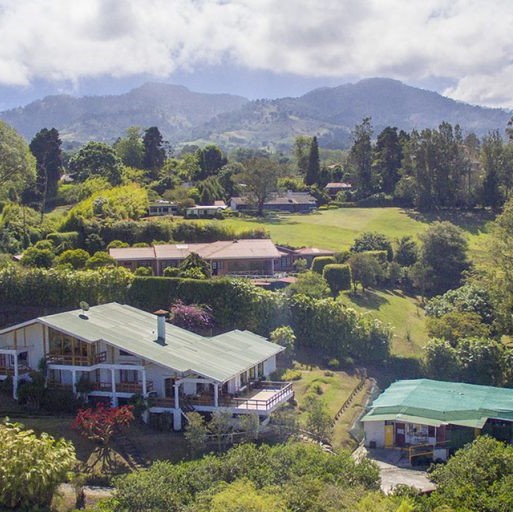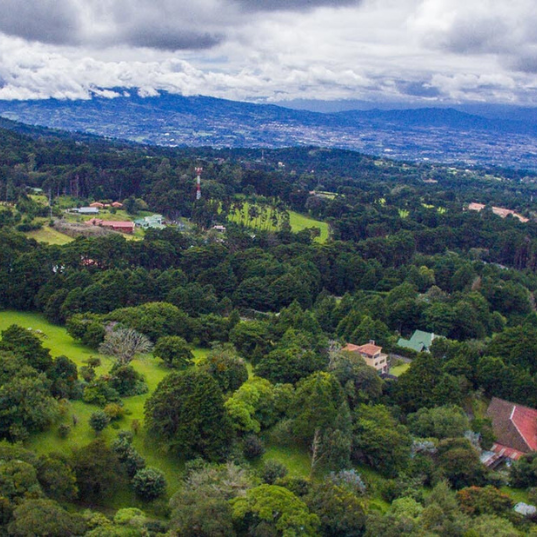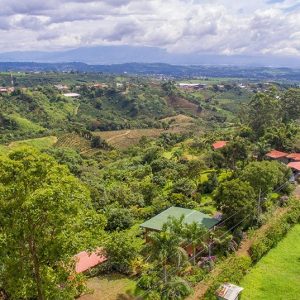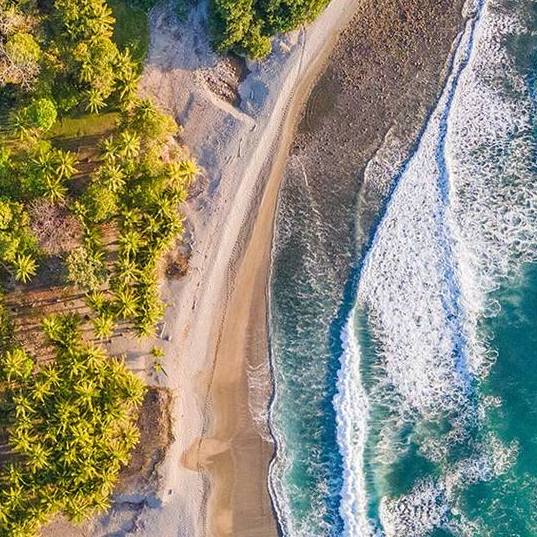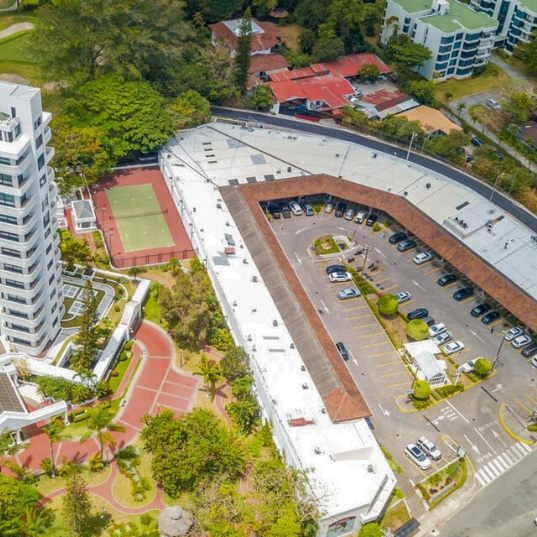Costa Rica is a small country that despite being only 0.03% of the land area on earth, is still home to 6% of the world’s biodiversity. From the 1990s to the present, it has been subscribed to more than 45 international environmental treaties, in addition to having a variety of laws that rigorously protect the environment. The natural wealth of our country ranges from the variety of ecosystems that make us up, to the vast animal biodiversity that inhabits them. Which is why buying farms or lots has been the oldest -and first real estate transaction here, and one we intend to keep on happening with informed clients that have the information they need.
Advantages of Having a Farm
Value of owning land
The value of a land is divided into different aspects:
- Patrimonial Value: the property is inherited and enjoyed by the family and those closest to it.
- Economic Value: a productive farm generates income and can serve as an economic sustenance or as an additional income
- Sentimental Value: linked to patrimonial value, a property can be enjoyed in many ways by creating links with others or in time alone, this being a very important added value.
- Investor Value: the possibilities are endless with what can be developed in a property, therefore the value of a land is now very high because of the open space for investment.
- Environmental Value: conservation farm contribute to caring for the environment while other types of farms through their work outdoors or in the field help to develop environmental awareness in the people who farm them.
Development opportunity
By having a farm you have a space opportunity, in which you can develop a variety of projects and ideas that can bring you short and long term results. In addition to the benefits that having a property brings at an institutional level, since if you want to request a loan, owning a land gives you more credibility and support before these institutions.
Environmental contribution
Regardless of the objective you have for the farm, managing a land teaches values about environmental care. On farms activities are carried out that teach how to care for nature such as planting trees, caring for subsistence crops, riding horses and caring for animals, etc. All this generates a value of environmental care and promote animal welfare that is passed from one generation to another who inhabit / work / visit the property.
Quality of life
This benefit as put by the NATIVU Fincas advisor: “When we say that a farm provides quality of life it is because when we move and visit a rural area, the mind makes a change for the better (usually) and that is where Owners and Visitors experience a positive change: pure air, green and natural environment for recreation and enjoyment; activities such as horseback riding, walking in the forest, bathing in a river pool or in the sea can enhance the energy that is absorbed by our body, mind and soul. ”
Related Articles in our blog
Guides To Buy by area



